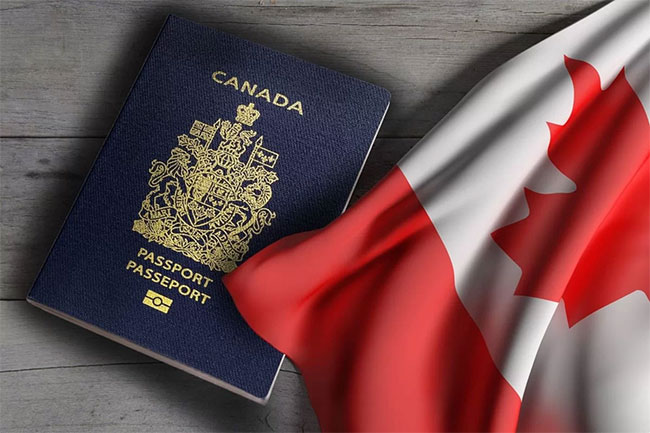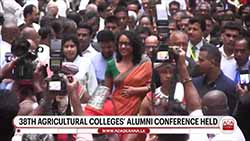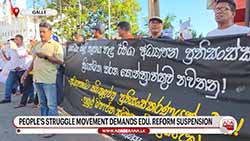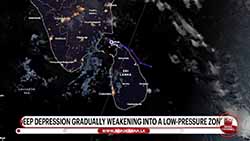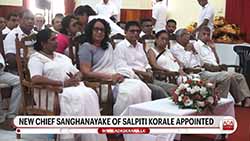Canada to revise law for citizenship by descent
November 23, 2025 07:36 pm
Canada is set to modernise its citizenship rules, which could benefit thousands of Indian-origin families and other Canadians born abroad.
Canada’s Immigration Minister Lena Metlege Diab said, “Bill C-3 will fix long-standing issues in our citizenship laws and bring fairness to families with children born or adopted abroad. It will provide citizenship to people who were excluded by previous laws, and it will set clear rules for the future that reflect how modern families live. These changes will strengthen and protect Canadian citizenship.”
Immigration, Refugees and Citizenship Canada (IRCC) explained that the first-generation limit, introduced in 2009, restricted citizenship by descent to children born or adopted outside Canada only if at least one parent was born or naturalised in Canada. In December 2023, the Ontario Superior Court ruled this provision unconstitutional. The federal government accepted the decision and chose not to appeal.
This restriction had created a group often referred to as “lost Canadians,” who believed they were entitled to citizenship but were excluded under previous laws.
Bill C-3 restores citizenship to those affected by the old restrictions and introduces a “substantial connection test.” Under this provision, a Canadian parent born abroad can pass citizenship to their child if they have spent at least 1,095 cumulative days in Canada before the child’s birth or adoption. This threshold aligns with citizenship practices in countries such as the United States, United Kingdom, and Australia.
A court has extended the implementation deadline to January 2026, giving IRCC time to prepare. Immigration lawyers anticipate a surge in citizenship applications once the process begins.
The Canadian Immigration Lawyers Association (CILA) welcomed the reform.
The Canadian Citizenship Act of 1947 had rules that caused many people to lose or miss out on citizenship. Changes in 2009 and 2015 restored citizenship for most, with about 20,000 people proving their status. The 2009 rule also said children born abroad couldn’t automatically be citizens if their Canadian parent was born abroad. In 2023, a court ruled this rule unconstitutional, and the government accepted the decision.
- Agencies



